By Willah Joseph Mudolo
As Zambia navigates one of the most delicate and painful chapters in its modern history, I am compelled to speak not merely as a citizen, but as a patriot who loves this land and who believes deeply in the moral and spiritual fibre that binds us together. The passing of our former Head of State, His Excellency Dr. Edgar Chagwa Lungu, has struck the heart of our nation. It has forced us to confront not only our grief, but also our values, our governance, and our collective identity as Zambians.
The initial handling of this tragedy by government authorities, ranging from the restrictions placed on the former president’s travel to South Africa for urgent medical review, to the disorganised response that followed his death, has rightly drawn criticism. These were not small administrative oversights; they were significant failures in responsibility and protocol. Yet, even as we acknowledge those failures, we must not allow them to lead us down a path of disunity, vengeance, and disrespect.
There is one matter that rises above the political and procedural missteps: the deeply troubling possibility that Dr. Lungu might be laid to rest in a foreign country. Such a scenario, if allowed to unfold, would dishonour his legacy, inflict permanent harm on our national conscience, and set a dangerous precedent for how we treat our leaders, those who have held the highest office in the land. President Lungu was not just a politician; he was a father, a husband, a servant of the Zambian people, and whether one agreed with his politics or not, a symbol of our nation’s democratic journey.
In life, we may argue over leadership. In death, however, we must find common ground in our shared humanity. That is why I call upon all Zambians to unite in ensuring that our late President is brought back home and buried in the soil of the country he led. To do otherwise would be to erode the dignity of the office he once held, and to fail as a nation in offering a final gesture of honour.
At the centre of this unfolding crisis is a grieving family. Their anguish is deep, and their sense of betrayal is real. This is not the time to politicise their grief or cast aspersions on their decisions. Instead, we must approach them with compassion, humility, and a genuine desire to reconcile. I extend my sincerest condolences to the Lungu family, and I call upon the Zambian government to meet them with honesty and care, not calculated diplomacy. Whatever undertakings are made to the family must be fulfilled in spirit and substance. This is not just about logistics; it is about restoring trust and preserving national dignity.
In recent days, I have had the honour of working alongside His Excellency Dr. Bakili Muluzi, the former President of Malawi, and other distinguished former SADC Heads of State. Together, we have sought to offer counsel and guidance during this time of crisis. Throughout this process, I have held one principle firmly: that Dr. Lungu must not be buried outside Zambia. Doing so would violate our traditions, compromise our sovereignty, and fracture our collective sense of identity as Zambians.
Legally, there may be no explicit provision that empowers a foreign court to determine the final resting place of a Zambian Head of State. However, the legal intervention facilitated by Attorney General Mulilo Kabesha has served a vital purpose. It bought us time, time to think, time to cool the fires of conflict, and time to remember who we are. That pause was needed. But now, the moment has come to act with wisdom and courage.
I respectfully urge His Excellency Mr. Hakainde Hichilema, our President and the Father of the Nation, to personally meet with the Lungu family here in South Africa. This is not a task for delegated officials or political intermediaries. It is a moment that requires presence, humility, and fatherhood. Mr. President, you have a unique opportunity to heal this wound and demonstrate to the nation that you lead not with partisanship, but with heart. I also call on you to engage directly with His Excellency President Cyril Ramaphosa of South Africa, to ensure that this process reaches a dignified and peaceful conclusion.
We are, above all, a Christian nation. This identity cannot remain a slogan. It must be lived out in action, especially in times like this. It is in moments of deep sorrow that our commitment to Christian values is truly tested. Let us meet this test with grace, not with rhetoric. Let us offer forgiveness, compassion, and unity, not division, finger pointing, or grandstanding.
If we, as a nation, choose to ignore peace in this moment, the cost will be profound. The erosion of peace does not always begin with riots or violence. Sometimes it begins with silence, when injustice goes unchallenged, when dignity is ignored, and when power is prioritised over people. When we neglect peace, we fracture the soul of our society. We lose trust in our institutions. We abandon the moral compass that once guided us. And most tragically, we pass these fractures down to the next generation.
We risk not just political instability, but moral bankruptcy. If the family of a former president cannot be heard or treated with respect, then which Zambian family can feel truly secure? If a national figure can be laid to rest as though he were a foreigner, what message are we sending about national identity, honour, and service?
Moreover, there are international ramifications. The global community is watching how we respond. How we treat our former leaders in death reflects the integrity of our democracy. Will we be seen as a united and respectful nation? Or will we project the image of a fragmented, vengeful society where even death becomes a battleground?
True leadership is not defined in easy times, but in moments of crisis. This is one such moment. And now is the time for Zambian leadership, across all sectors and political divides, to rise to the occasion. Let us prove to our people and the world that we are a nation capable of healing, of honouring its own, and of putting aside politics for the greater good.
Let the passing of His Excellence President Lungu not be the start of deeper division but a turning point, a moment that draws us back to our values, to each other, and to God. Let us use this moment not to deepen the wounds of our past, but to pave a path toward national healing.
Let us lay to rest our former President with the dignity, reverence, and solemnity that his position deserves. And in doing so, let us lay to rest the divisions that plague our nation and commit ourselves to the peaceful Zambia our founding fathers fought to build. Peace is not weakness. It is strength. And choosing peace, especially in times of turmoil, is the most powerful act of nation building we can make.
Let us choose it. Today. Together. For Zambia.
Willah Joseph Mudolo


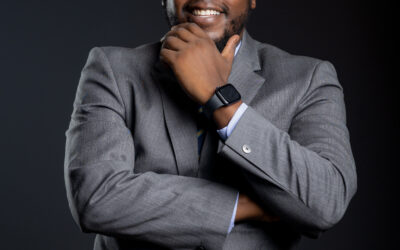
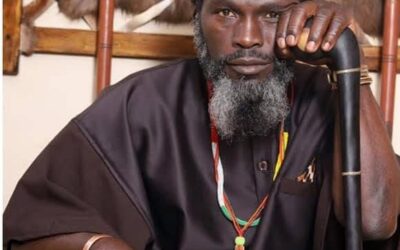

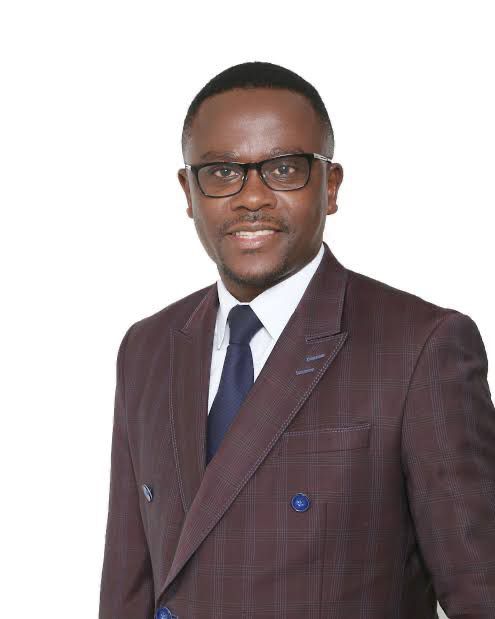
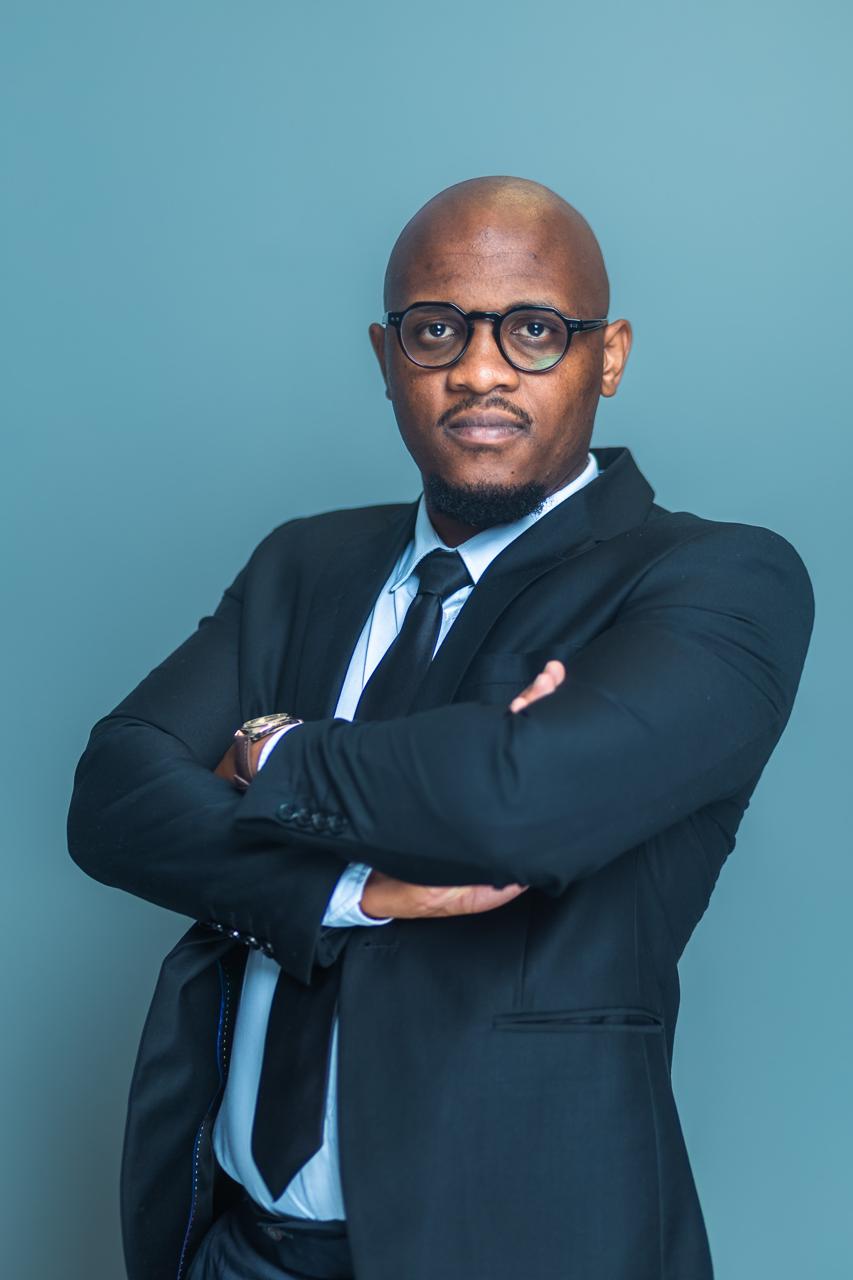
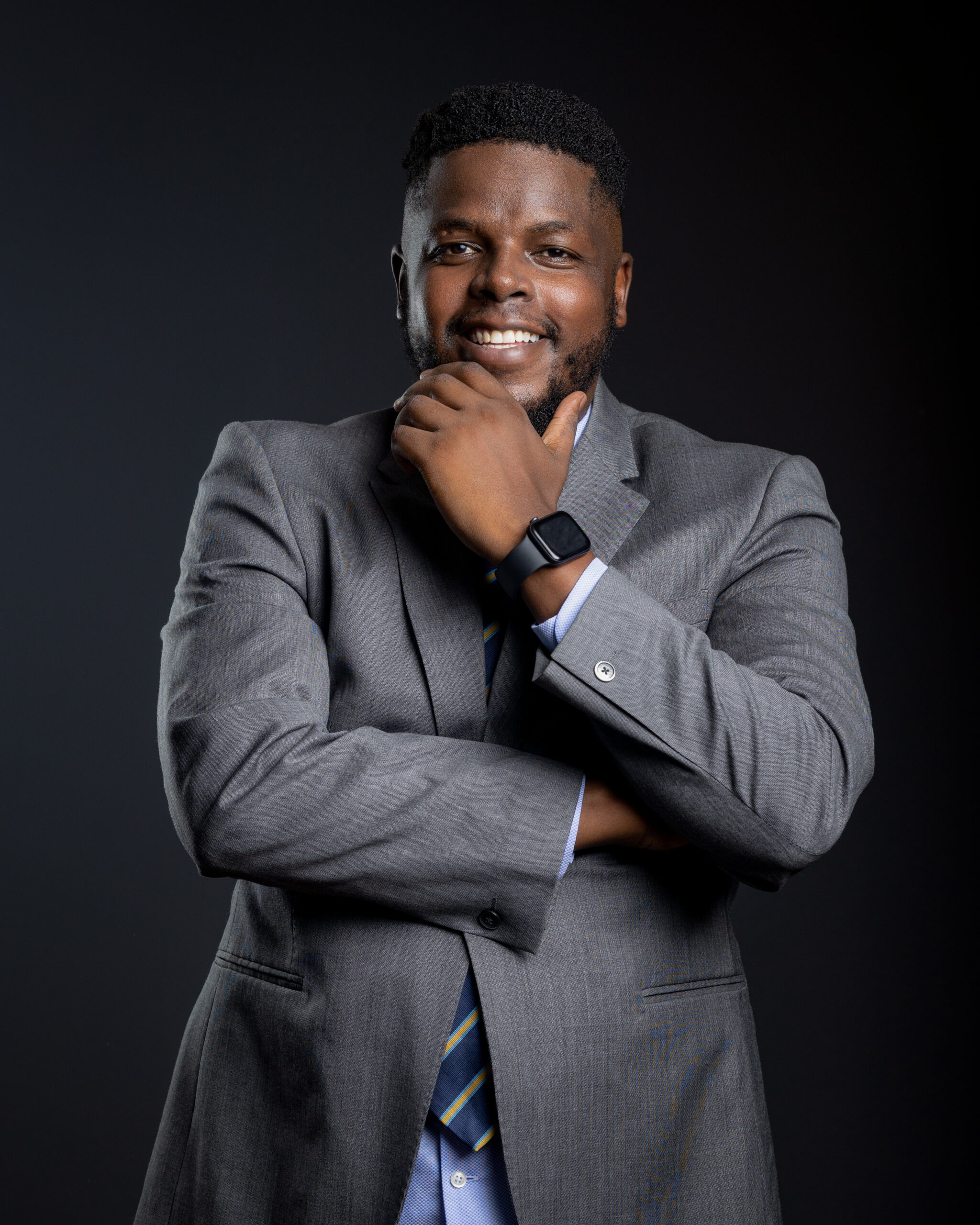
12 thoughts on “A Call for Unity, Dialogue, and National Dignity in Honour of Our Late President, His Excellence Dr. Edgar Chagwa Lungu”